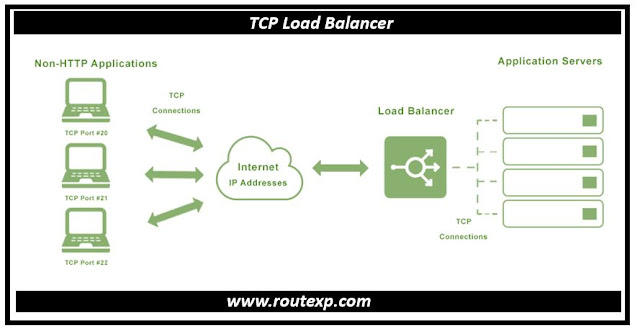Part 1: What is TCP Load Balancer
What is TCP Load Balancer ?
TCP load balancers are a crucial component in managing network traffic effectively. They are specifically designed to handle the complexities of TCP-based applications, ensuring smooth and reliable communication between clients and servers.
One of the key features of TCP load balancers is their ability to distribute incoming requests evenly across multiple backend servers. This load balancing technique optimizes resource utilization, prevents server overload, and ensures high availability of services. By intelligently distributing traffic, TCP load balancers can scale horizontally and handle increasing client demands.
Another notable feature of TCP load balancers is their ability to perform health checks on backend servers. Through regular monitoring, these load balancers assess the operational status of servers and route traffic only to healthy and available servers. This feature enhances the overall reliability and performance of the system.
Moreover, TCP load balancers support various load balancing algorithms such as round-robin, least connections, and IP hash. These algorithms determine how traffic is distributed among backend servers based on factors like server load, session persistence, and client IP addresses. The flexibility to choose different load balancing algorithms enables administrators to tailor the load balancing strategy to their specific requirements.
Additionally, TCP load balancers provide advanced session management capabilities. They ensure that client requests are efficiently routed to the same backend server for the duration of a session, maintaining session continuity and avoiding disruptions in service. This is particularly beneficial for applications that require session persistence, such as e-commerce platforms or banking systems.
"TCP load balancers are a vital component of modern network infrastructure, offering features that improve scalability, reliability, and performance. By intelligently distributing traffic, monitoring server health, utilizing various load balancing algorithms, and managing session persistence, TCP load balancers enable organizations to deliver seamless and responsive user experiences."












